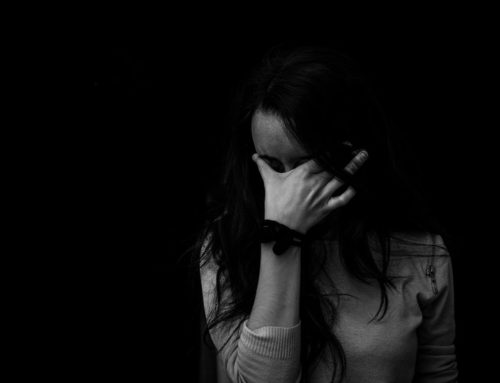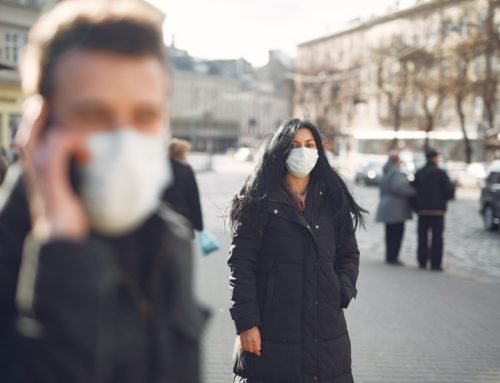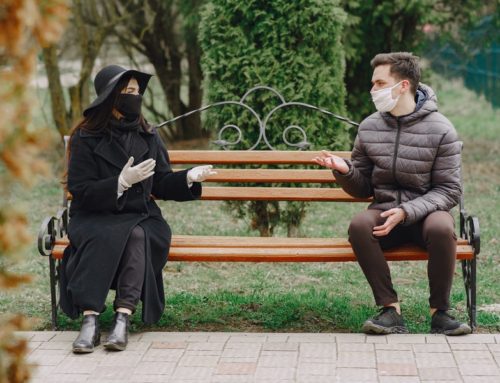A recent study published in the well-respected journal The Lancet Psychiatry has revealed that around 20 percent of people who recover from COVID-19 will develop the signs and symptoms of mental illness within three months of their recovery.[1] About 1 in 5 of COVID-19 survivors develop a first-time diagnosis of post-traumatic stress disorder, depression or anxiety within 90 days.[2] This is sobering news, given that the occurrence of mental illness is already high in the USA, with over 40 million Americans having anxiety disorders.[3]
If you’ve recovered from COVID-19 but aren’t feeling yourself, read on to see if you’re suffering from post-COVID anxiety disorder.
How Do I Know If I Have A Problem?
Tens of millions of us are experiencing situational anxiety, but for some of us, getting COVID-19 may lead to long-term psychological issues. Post-traumatic stress disorder, depression and anxiety are the most common disorders showing up during recovery from COVID-19. Anxiety is the most common disorder that develops in people who recovery from COVID-19. An anxiety disorder affects a person’s entire life and must be severe enough to prevent a person from living as they want to.
Anxiety affects a person in these areas:
- Cognitively: repetitive thoughts about getting sick again, fearing that small physical issues indicate a return of COVID-19, rumination about dying and death, problems concentrating.
- Physically: stomach upset, nausea, rapid heartbeat or palpitations, chronic fatigue, vertigo, shortness of breath, headaches.
- Behaviorally: increased startle reflex (“jumpiness”), short temper or flash temper outbursts, irritability.
- Emotionally: Feelings of impending disaster, dread, chronic worry, inability to enjoy one’s self, constant preoccupation with the worst that could happen.
When these symptoms rise to the level of interfering with your ability to live your life the way you want to, a disorder is likely present. Fortunately, the anxiety disorders respond well to treatment. Often they can alleviated with “talking therapy,” using techniques like Cognitive-Behavioral therapy (CBT).
If anxiety has taken over your life and you’re no longer living the way you want, getting professional help may be for you. Damaris Aragon, ARNP, BC provides a full spectrum of mental health care to people in Spokane, Washington, and surrounding areas. She focuses on providing personalized, compassionate care that adheres to current evidence-based standards. Reach out to Damaris through her contact page or calling 509-342-6592.
[1] https://www.npr.org/sections/coronavirus-live-updates/2020/11/11/933964994/after-covid-diagnosis-nearly-1-in-5-are-diagnosed-with-mental-disorder
[2] https://www.ncbi.nlm.nih.gov/pmc/articles/PMC7390748/
[3] https://www.drugwatch.com/health/mental-health/how-to-deal-with-anxiety/






